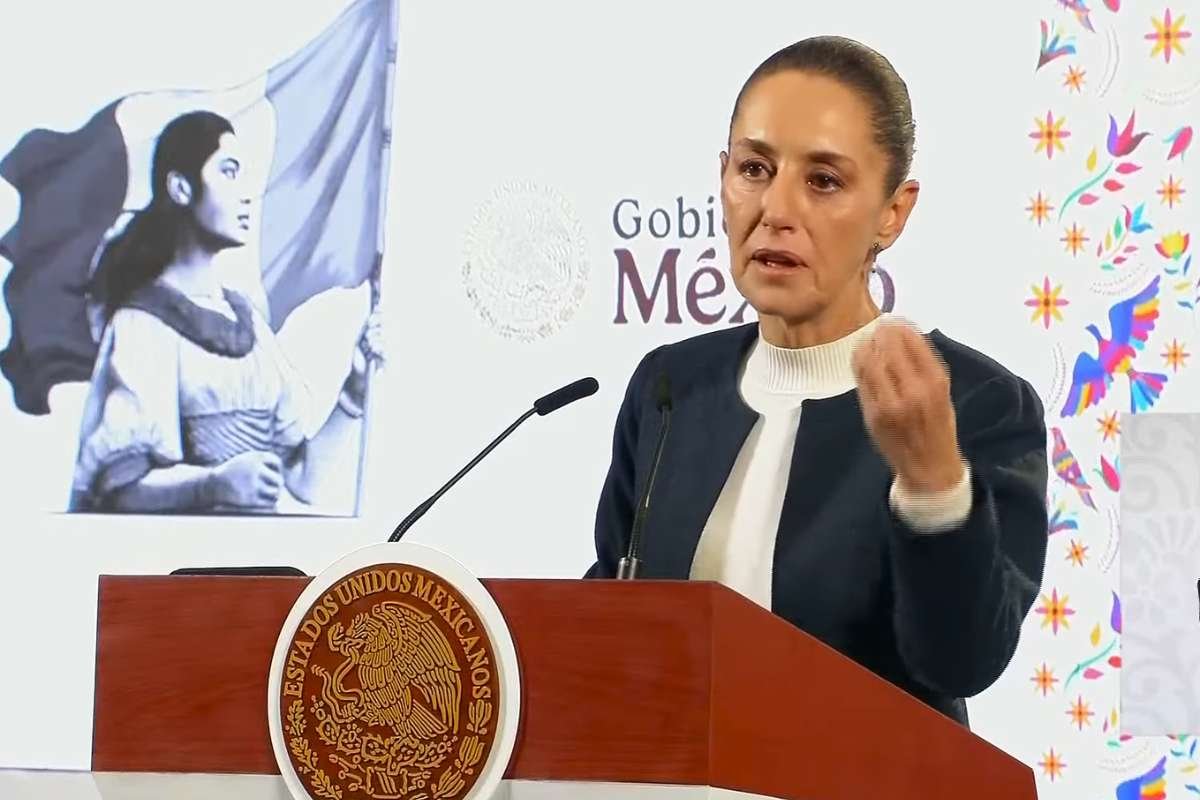The European Central Bank has decided to maintain its key interest rate at 4%, marking a pause in October following a streak of 10 consecutive rate hikes. The ECB reiterated its stance that keeping rates at their current levels would contribute to achieving the inflation target, provided they are sustained for a significant period.
In a similar vein, the Bank of England, the Swiss National Bank, and the U.S. Federal Reserve all chose to keep their interest rates unchanged in September.
End of a streak of 10 consecutive rate hikes
The European Central Bank decided to halt its series of interest rate increases on Thursday, even in the face of new inflationary pressures arising from the situation in the Israel-Hamas conflict. As a result, the key interest rate will remain at a historically high level of 4%. This decision marks the end of a streak of 10 consecutive rate hikes that commenced in July 2022 and led to interest rates returning to positive territory for the first time since 2011.
The Governing Council of the ECB indicated that recent information supports its medium-term inflation outlook of 2.1%. The statement noted that while inflation is anticipated to remain elevated for an extended period, strong domestic price pressures persist. Simultaneously, there was a notable decrease in inflation in September, primarily due to robust base effects, and most measures of underlying inflation have continued to moderate.
The markets had already factored in a probability of over 98% that the interest rates would remain unchanged, especially after the European Central Bank (ECB) strongly hinted in its previous meeting that rates had reached their peak.
At 1:40 p.m. London time, the euro experienced a slight 0.15% decrease against the British pound shortly after the announcement. It also saw a 0.2% decline against the U.S. dollar.
Maintained for an adequately prolonged period
The ECB’s rate hike in September was characterized as a cautious one, as the ECB mentioned that rates had reached levels that could significantly contribute to combating inflation promptly if they were “maintained for an adequately prolonged period.”
This stance was reiterated on Thursday, with the ECB emphasizing that its decision-making process continues to depend on data.
Members of the ECB Governing Council, in their interviews, have consistently emphasized a “higher for longer” approach to interest rates. They also stressed that any unexpected surge in inflation could prompt them to consider raising rates again, aiming to temper market expectations of potential rate cuts starting in the middle of the following year.
When asked about the duration for which rates should remain at their current levels, ECB President Christine Lagarde informed CNBC’s Annette Weisbach, “We refer to a ‘timely manner,’ sufficiently long. But at the same time, I emphasize that we will be data-dependent. Given our current fight against inflation and after ten consecutive rate hikes, it is not the right time for forward guidance.”
Lagarde clarified that the topic of rate cuts was not discussed by the Governing Council.





